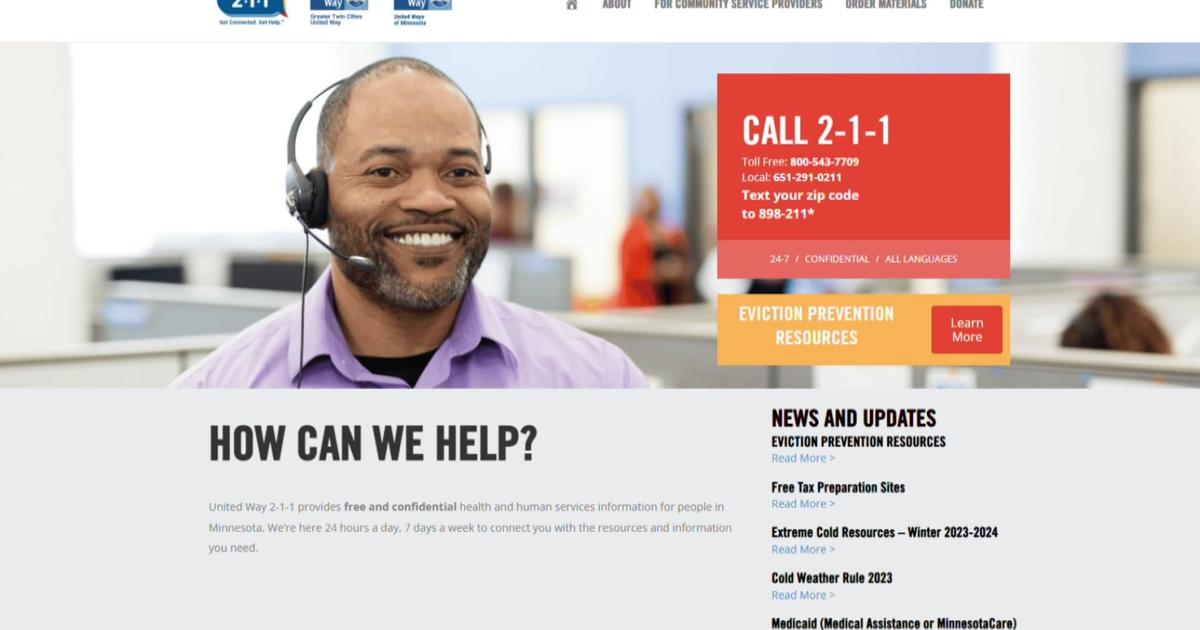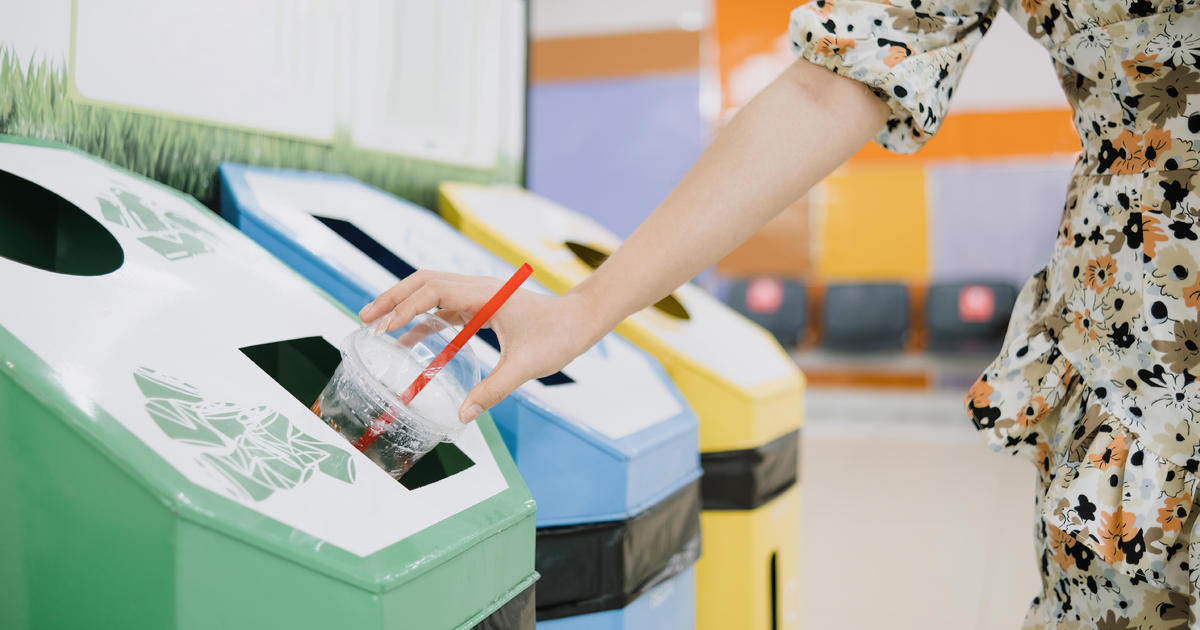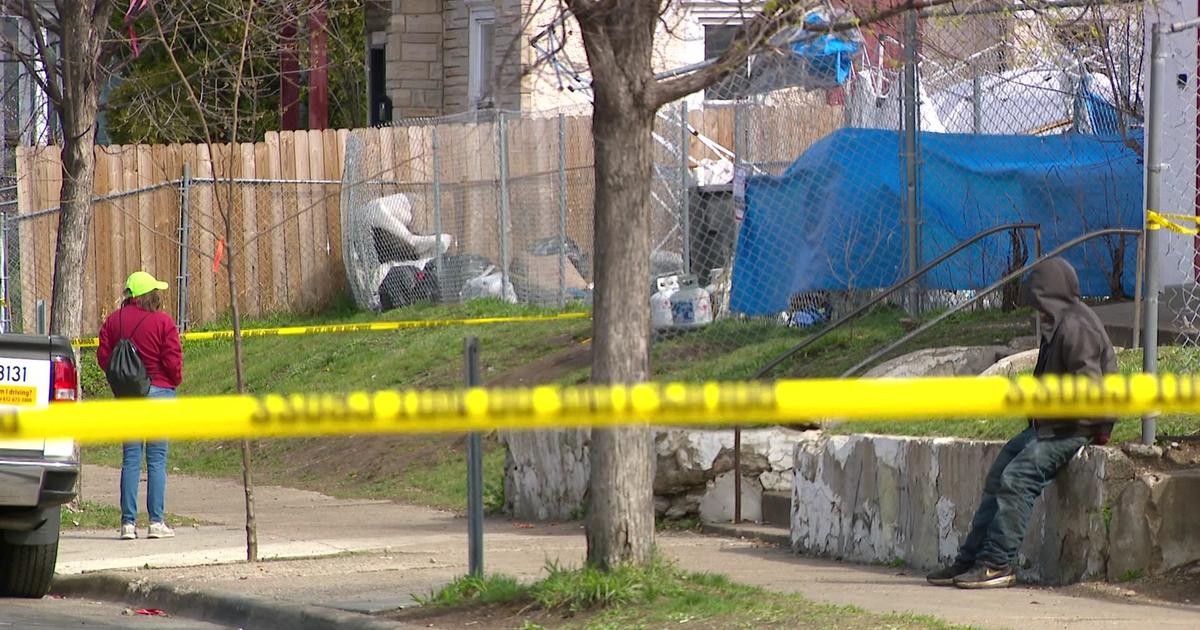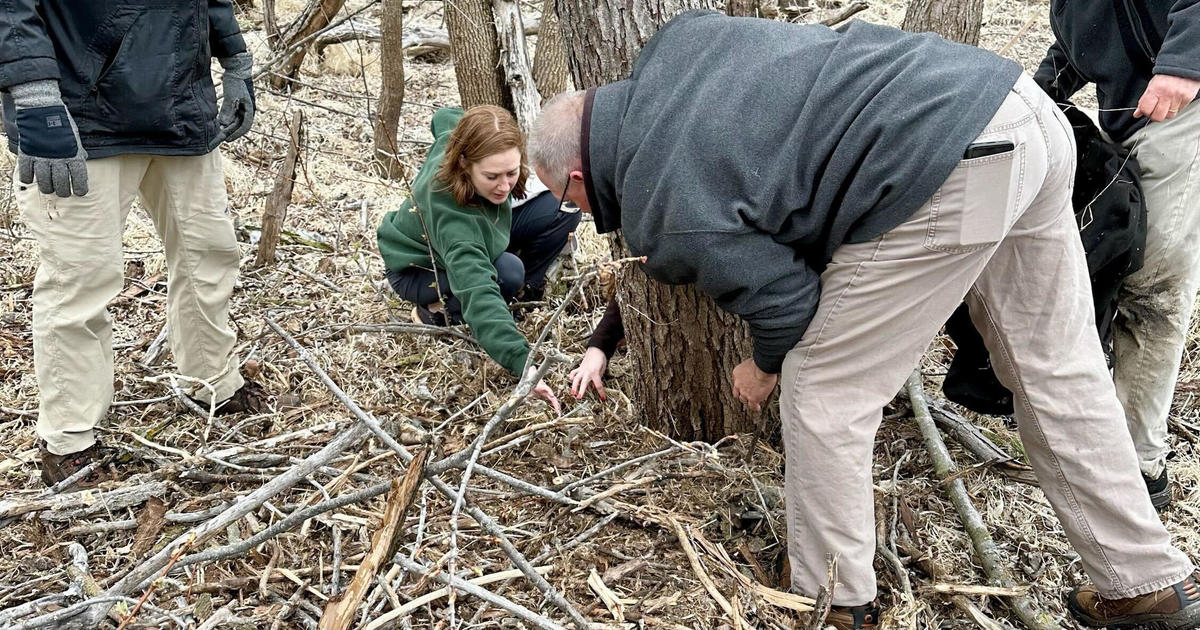Good Question: How Much Foreign Aid Does The U.S. Give?
MINNEAPOLIS (WCCO) -- President Obama brought together his National Security Council Tuesday afternoon to decide whether to cut off aid to Egypt after violence in the country has led to deaths of more than 1,000 people just this week.
So, how much foreign aid does the United States give and where does it go?
"We're not really giving that much money in terms of our overall budget," said Amy Damon, an economics professor at Macalester College.
The U.S., by far, gives more foreign aid than any other country. For the fiscal year 2013, President Obama asked for $55 billion to be distributed to more than 180 countries -- that's 1.5 percent of the federal budget.
For decades, Israel has topped the list. After that, the order is Afghanistan, Pakistan, Iraq and Egypt.
"Our policies change consistent with our foreign policy objectives, so money has been moved away from Latin America and Asia towards more conflicted-oriented zones," Damon said.
The U.S. government classifies aid in a number of ways, but economic and military aid comprise the majority of the money. Generally, the President presents a budget that Congress must approve. There are laws permitting foreign aid to a country where there has been a coup. So far, the Obama administration has not labeled the crisis in Egypt a coup.
"Sending food to Darfur -- awesome," said Keith Pille of Minneapolis. "Buying tanks for the Egyptian military, not necessarily so awesome."
According to the Congressional Research Service, much of the aid that currently goes to Israel and Egypt is military. African countries are also big recipients of economic aid. Jordan, Nigeria, Tanzania, South Africa and Kenya round out the top 10 list for 2013.
"The money is going toward irrigation or clean water systems," Damon said.
Close to $6 billion goes to HIV/AIDS.
"These are important investments for the United States," Damon said. "If we want to promote economic stability, political stability around the world."
Some have wondered whether that money would be better spent domestically.
"One-and-half billion here could help with healthcare-related issues, education and other stuff," said Zaied Leli of Minneapolis.
Damon believes that money would just be a "drop in the bucket" in terms of domestic policy.
"One percent of our money toward improving democratic outcomes is really an important investment for the United States," she said.



